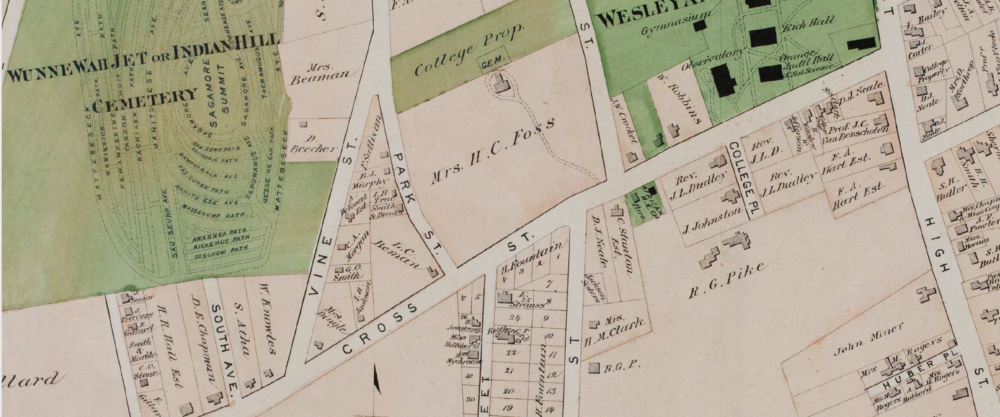As a response to slavery, racial prejudice, and the colonization movement, the black abolitionist movement commenced in the early 19th century. Being race-conscious and politically active, Jehiel Beman was deeply involved in the anti-slavery movement from 1831.
Jehiel very much believed in the power of writing. Both as an agent and a writer, he heavily contributed to Liberator, a prominent anti-slavery newspaper that obtained a readership of 2300, Emancipator, and Colored American. Through his writings, Jehiel hoped to deliver various accounts of his travels throughout the country, as well as essays denouncing slavery and advocating racial equality. These accounts included a detailed description of his visit to Baltimore and Washington D.C., and of his first personal witness of slavery as the descendant of a freed slave.
Besides utilizing his writing talents, Jehiel was also a loyal member of the American Anti-Slavery Society (AASS). Appointed as one of the five managers to look over more than five hundred branches of the Society, Jehiel came to be a cornerstone for the AASS. Hence, Jehiel not only served his leadership position at the Middletown Anti-Slavery Society, but also continued to support immediate emancipation and racial equality on a national level, utilizing his skills as an effective community organizer, speaker, and writer.
In the course of his abolitionist career, Jehiel participated in several different anti-slavery societies, including American and Foreign Anti-Slavery Society and Massachusetts Abolition Society. Although there existed struggles and minor disagreements among the different branches of these societies, they all actively sought for universal independence of African Americans and greater autonomy from the white abolitionists.
Another anti-slavery movement that Jehiel actively participated in was the Underground Railroad. From the 1830s until the Civil War, runaway slaves are thought to have travel to Middletown along the Connecticut River via the Underground Railroad. Although this remains as a mere speculation, for the movement was discreetly conducted, this further supports Jehiel’s passion in black abolitionism.
For more information on black abolitionism, click here.

